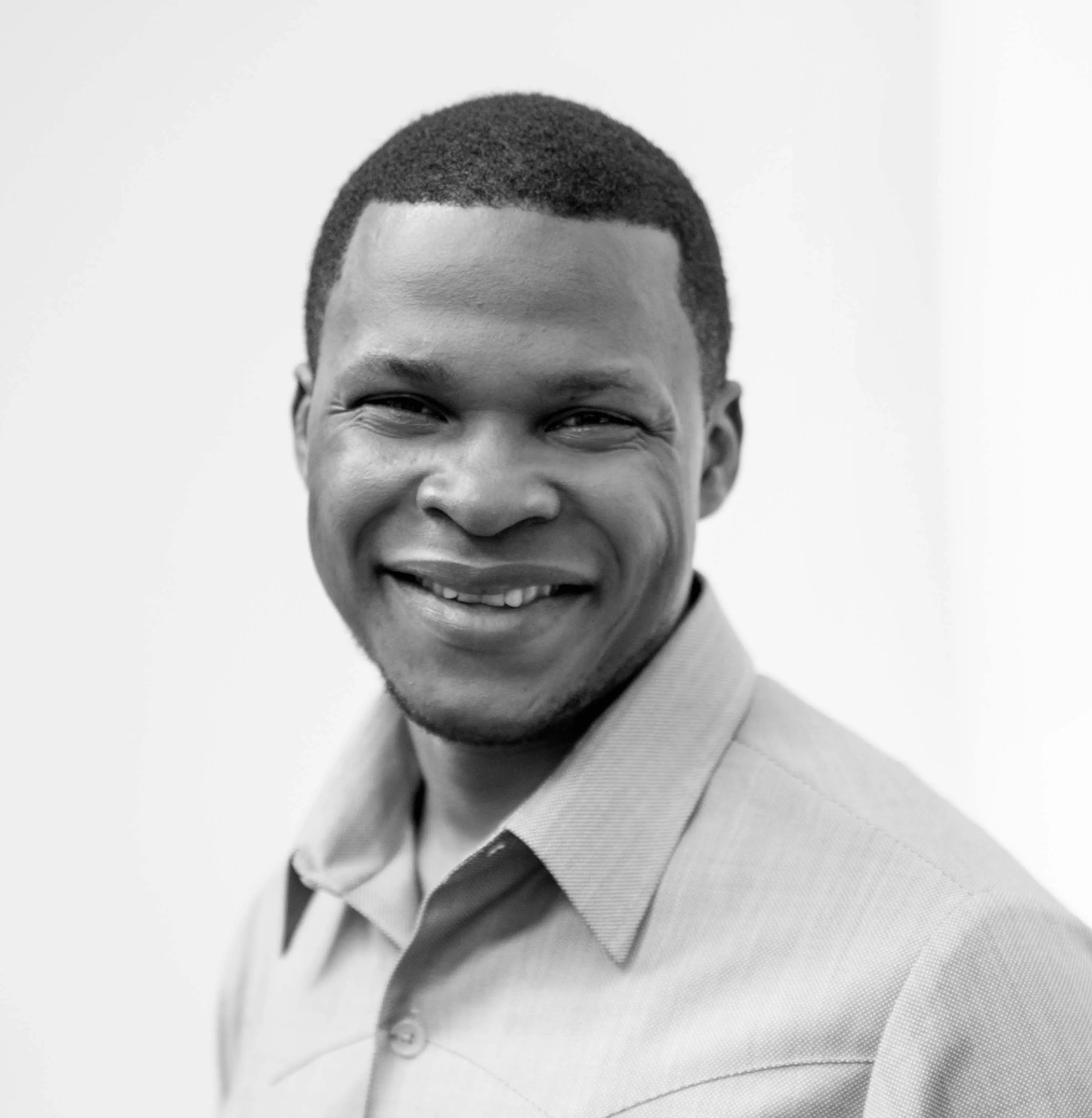Again and again, Africa’s oil and gas sector has proven its resilience and adaptability. The popular narrative is the prevalence of energy poverty on the continent.
Most of the oil and gas producing countries have some kind of conflict going on in the area which affects the local people and the companies which choose to invest in these areas. But in a country like Ghana, for example, we have seen the effective way of carrying out oil production, and a major contribution has been its transparency and its policies.
We need to strongly consider transparency, good governance and policies that could create a favourable investment climate, especially in the energy sector. African countries suffer from the policies they draft taking years to implement. And often, where these policies are implemented, little to no progress is made in administering contracts for production.
Scaling up Africa’s production capacity to achieve universal access to energy continues to be a challenge that further highlights the need for a transformative partnership-based strategy that aims to increase access to energy for all Africans.
The world still needs oil and gas, and Africa still holds enormous untapped potential. Africa has the world’s lowest per capita energy consumption – with 16% of the world’s population, it consumes about 3.3% of global primary energy. Oil forms the largest part of the continent’s total energy consumption (42%) followed by gas (28%), coal (22%), hydro (6%), renewable energy (1%) and nuclear (1%).
Without a doubt energy poverty needs to be eradicated. African leaders do take heed of what has been discussed above but are too slow in tackling the issues, which eventually build up. The effect of this is that once they have tackled the first problem, they realise that others have piled up and that they have to continue digging.
Overcoming dependence on aid
Another worrying factor is that Africa has been receiving aid for nearly six decades, and to date, no real progress has come from this aid. We still don’t have enough jobs or sustainable energy means within communities. Investment creates opportunities. We, as Africans, must be responsible. Our young people should be empowered to build an Africa that we all can be proud of. Relying on the same old policies as in the past, relying on aid, simply isn’t going to get us there.
As the world navigates climate change and the energy transition, Africa continues to be the most untapped and underexplored continent when it comes to natural gas. In the recent past, when oil majors hit gas, they would stop drilling and did not develop the resource, and they continue to flare off associated natural gas when tapping into oil reserves.
As a continent with so much to offer in terms of natural resources, conversations with investors should not only be on what we have. We need investors to be investing into Africa to sustainably drive development. You can have the most beautiful produce, but just displaying it does nothing.
We need to drive the development of a comprehensive approach to battling energy poverty, and favour one that includes gas-to-power initiatives. More than a dozen African countries are already using the natural gas they produce themselves or import from other countries to generate electricity. And new projects are on the way (for example, Ghana’s LNG-to-power project, the first in sub-Saharan Africa).
We need a transition that isn’t rushed or carried out on the Western world’s timetable. We need to have a strategy in place for protecting and growing African economies. We need a transition that factors in African goals, concerns, and priorities.
Promoting free markets
Africa will benefit greatly if we create an investment climate that supports the development of all energy resources. But we must not stop there – advocating for a market-driven Afro-centric energy transition, with a specific focus on natural gas to expand market opportunities, is something we should all continue to drive.
At the African Energy Chamber, we believe that supporting the energy industry, promoting free markets, the rule of law, individual freedoms and limited government is a duty for all Africans. That’s why we believe implementing programmes like local content, economic diversification that support natural gas value chains, making fiscal terms competitive and reducing red tape and streamlining regulatory processes must be priorities.
The oil and gas industry is a force for good and we must not join those forces that want to demonise people whose only crime is to work hard and play by the rules. We must embrace hope rather than fear-mongering and economic empowerment rather than development aid.
We need to make the most of Africa’s energy potential and to change the tide and spur a post-Covid recovery in the energy sector that will also enhance overall economic growth in Africa.
NJ Ayuk is a Cameroonian attorney, entrepreneur and author and the executive chairman of the African Energy Chamber
Want to continue reading? Subscribe today.
You've read all your free articles for this month! Subscribe now to enjoy full access to our content.
Digital Monthly
£8.00 / month
Receive full unlimited access to our articles, opinions, podcasts and more.
Digital Yearly
£70.00 / year
Our best value offer - save £26 and gain access to all of our digital content for an entire year!
 Sign in with Google
Sign in with Google 



